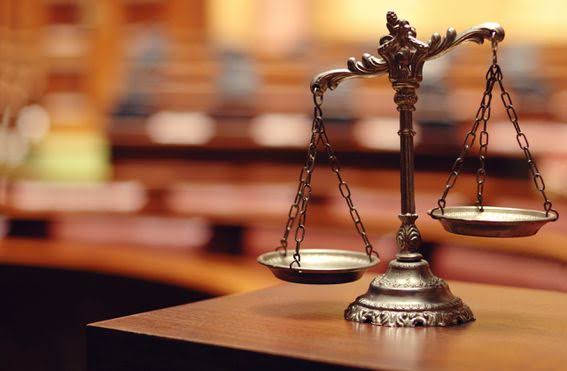
Court’s Landmark Ruling on DeFi Protocol Liability
The court’s decision highlights the dynamic nature of cryptocurrency regulations and the unique challenges they present.
According to Bill Hughes, an attorney for Consensys, the court concluded that the DeFi protocol, similar to Uniswap, cannot be held liable under current securities laws for the actions of individuals who use the protocol to deceive others.
In its decision, the court makes a significant distinction between the decentralized structure of Uniswap and the typical legal proceedings involving recognizable corporations.
This denial not only absolves Uniswap of responsibility for the fraudulent conduct of hoax token issuers who utilized its platform, but it also exemplifies the more significant ambiguity regarding governing cryptocurrencies.
The court acknowledges the difficulties caused by the absence of clearly defined legislation in the cryptosphere, shedding light on the complexities faced by regulators and market participants.
In essence, the court’s decision clarifies that DeFi protocols cannot be held liable for the financial losses incurred by users due to tokens issued by third parties.
This clarification establishes a standard. Hughes implies that the consequences of this ruling could be even more significant than those of the XRP case.
In contrast to cases such as Ripple vs. SEC, in which specific entities are the subject of legal action, Uniswap operates as a collective entity distributed across a global network of consumers and contributors.
The court’s decision highlights the decentralized nature of the Uniswap protocol and the absence of control over the behavior of individual users.





